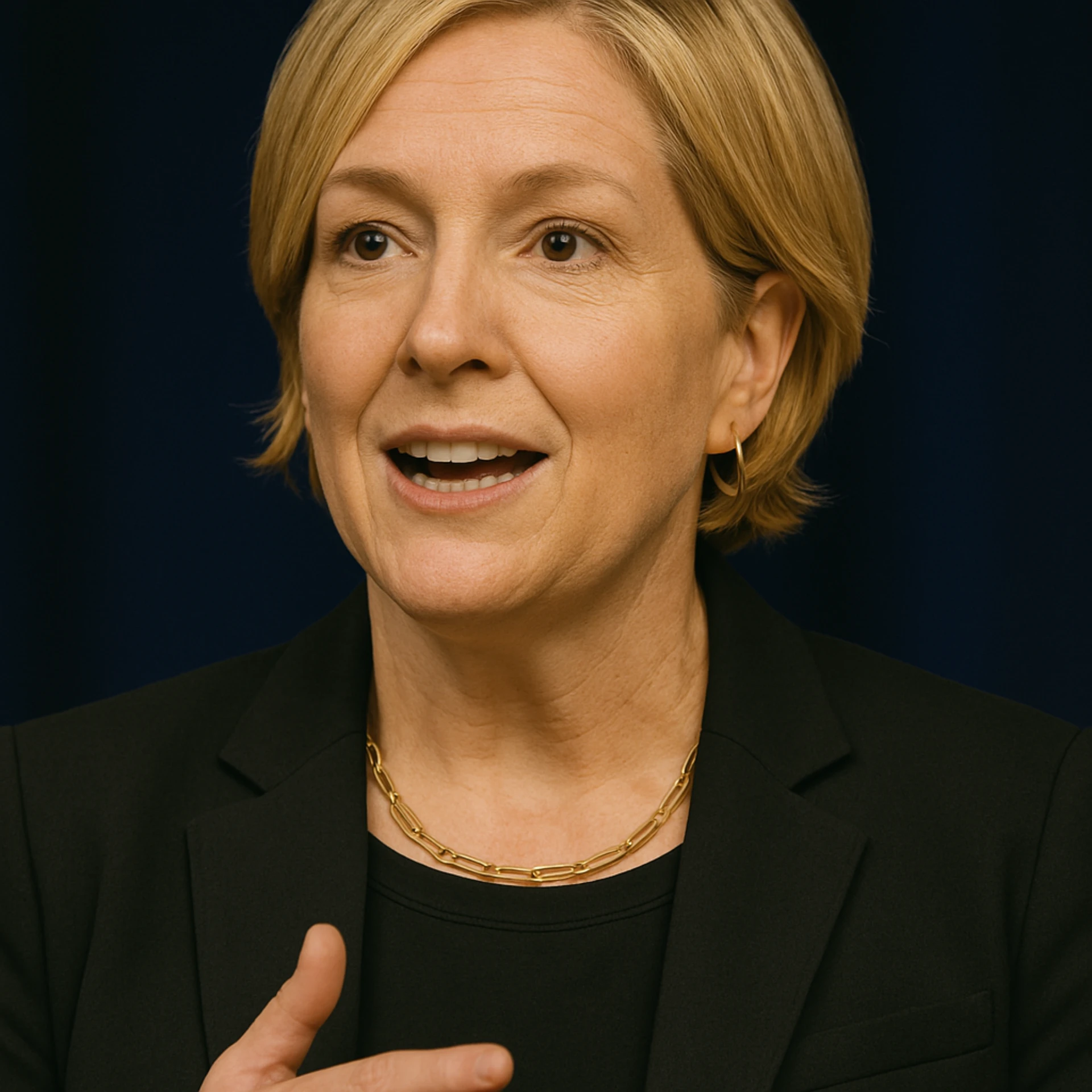Introduction: Evolving Leadership for Modern Challenges
Leadership has always been a defining component of business success, yet in today’s dynamic and interconnected global landscape, the role of senior professionals has transformed considerably. Leaders at the helm of organisations must constantly adapt to challenges like digital transformation, generational shifts in the workforce, and increasingly complex global markets. For senior business professionals, success now hinges on mastering unique and forward-thinking leadership skills beyond technical expertise.
In this article, we’ll explore the top 10 must-have leadership skills for senior executives, equipping you with insights to become a more effective, resilient, and inspiring leader.
1. Adaptability: Thriving in a Changing World
Adaptability has become indispensable in an era of constant change and uncertainty. Senior leaders must adjust their strategies swiftly to accommodate evolving market conditions and challenges. Being open to new ways of thinking and embracing a growth mindset helps leaders make the most of opportunities, even during turbulent times.
2. Effective Communication: Inspiring and Influencing Others
The ability to communicate clearly and succinctly is a cornerstone of effective leadership. Senior professionals must excel in verbal and non-verbal communication to inspire their teams, convey strategies, and influence stakeholders. Listening is equally important; it builds trust and ensures all perspectives are understood.
3. Strategic Thinking: Seeing the Bigger Picture
Strategic thinking is critical for leaders in senior roles. This skill involves taking a long-term view of organisational goals, anticipating challenges, and identifying opportunities in a competitive marketplace. Leaders with a mindset for strategy drive focused mission-oriented progress.
4. Empathy: Leading with Emotional Intelligence
Empathy—one of the pillars of emotional intelligence—is vital for understanding and connecting with employees, clients, and stakeholders. Senior professionals who demonstrate empathy build stronger workplace relationships, foster inclusivity, and create a culture of trust, which is invaluable for organisational success.
5. Decision-Making: Balancing Logic and Intuition
Senior executives constantly face high-stakes decisions. The ability to make informed, confident decisions—blending data-driven analysis with intuition—ensures leaders can navigate risks and challenges effectively. This skill is particularly critical in times of crisis or ambiguity.
6. Delegation: Unlocking the Power of Your Team
Delegation is not just about assigning tasks; it’s about empowering others to take ownership of key responsibilities. Delegating effectively enables senior professionals to focus on strategic priorities while boosting team morale and showcasing trust in team members’ abilities.
7. Resilience: Staying Steady During Challenges
For senior leaders, resilience is about staying composed, focused, and forward-thinking in adversity. The ability to recover from setbacks and maintain momentum during challenging situations sets successful leaders apart.
8. Innovation: Driving Creativity and Progress
Innovation is essential for leaders guiding their organisations through competitive and fast-paced environments. Encouraging creative thinking and seeking out-of-the-box solutions sparks progress and keeps organisations agile in the face of emerging trends and technologies.
9. Team Building: Fostering Collaboration and Cohesion
Leadership means assembling and nurturing high-performing teams. Senior professionals must be skilled in creating a culture of collaboration, aligning teams with organisational goals, and managing team dynamics effectively to improve productivity and morale.
10. Accountability: Owning Outcomes, Good and Bad
Every senior professional should uphold the quality of accountability. Taking responsibility for successes and mistakes demonstrates integrity and sets a powerful example for others within the organisation. Accountability fosters a culture of trust and encourages team members to follow suit.
Developing Your Leadership Skills
The key to ongoing leadership success is recognising areas for personal and professional growth. Engaging in programmes like executive coaching, corporate leadership training, or peer mentorship networks provides leaders with insights and strategies to refine these skills over time. In particular, coaching helps senior executives identify skills they need to strengthen, enabling them to reach their full potential.
Conclusion: The Future of Leadership
For senior professionals, leadership is no longer just about delivering results. Today, it’s about adapting to change, inspiring teams, and preparing organisations for future challenges. By mastering these 10 must-have skills—adaptability, strategic thinking, empathy, and more—leaders can transform themselves and their organisations for lasting success in a rapidly evolving business landscape.










